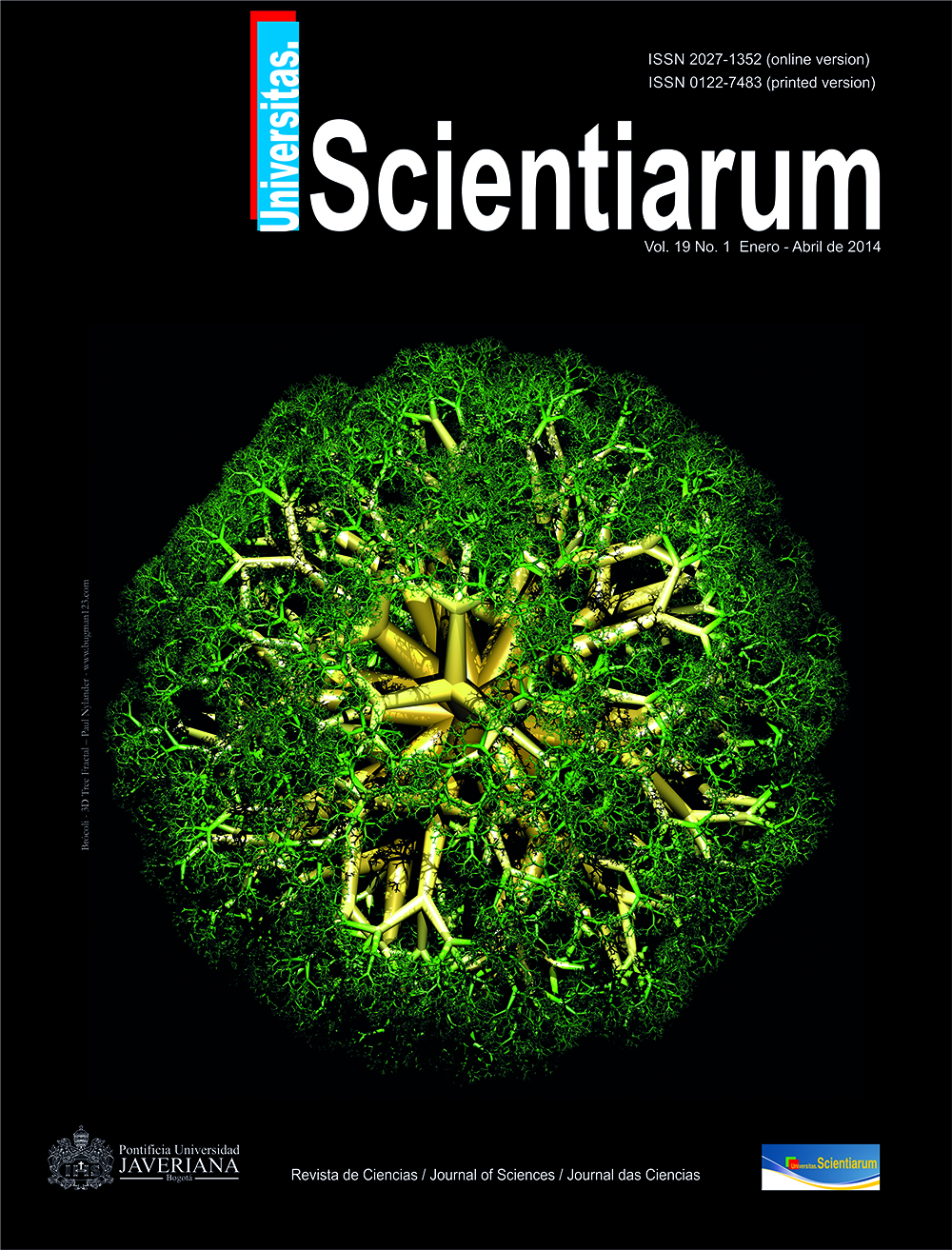Abstract
Holocene environmental changes in the southern Caribbean Sea and their implications on the composition of marine micro and malacofauna are unknown. We embarked an oceanographic expedition aboard the ship, ARC-Quindío of the Colombian Navy, to drill at three sites in the Gulf of Urabá using a platform gravity corer. To find possible correlations with paleoenvironmental changes during the late Holocene in the Gulf, we assessed the taxonomic composition (organic matter and calcium carbonate) and micromollusc abundance. The elevated richness and abundance of micromolluscs yields more calcium carbonate and less organic matter and answers to environmental changes in the late Holocene. We were able to define two contrasting environments in the Gulf of Urabá during the last 2800 years; an earlier environment dominated by marine waters and a more recent environment of a mixture of waters dominated by estuarine waters.
Univ. Sci. is registered under a Creative Commons Attribution 4.0 International Public License. Thus, this work may be reproduced, distributed, and publicly shared in digital format, as long as the names of the authors and Pontificia Universidad Javeriana are acknowledged. Others are allowed to quote, adapt, transform, auto-archive, republish, and create based on this material, for any purpose (even commercial ones), provided the authorship is duly acknowledged, a link to the original work is provided, and it is specified if changes have been made. Pontificia Universidad Javeriana does not hold the rights of published works and the authors are solely responsible for the contents of their works; they keep the moral, intellectual, privacy, and publicity rights. Approving the intervention of the work (review, copy-editing, translation, layout) and the following outreach, are granted through an use license and not through an assignment of rights. This means the journal and Pontificia Universidad Javeriana cannot be held responsible for any ethical malpractice by the authors. As a consequence of the protection granted by the use license, the journal is not required to publish recantations or modify information already published, unless the errata stems from the editorial management process. Publishing contents in this journal does not generate royalties for contributors.



